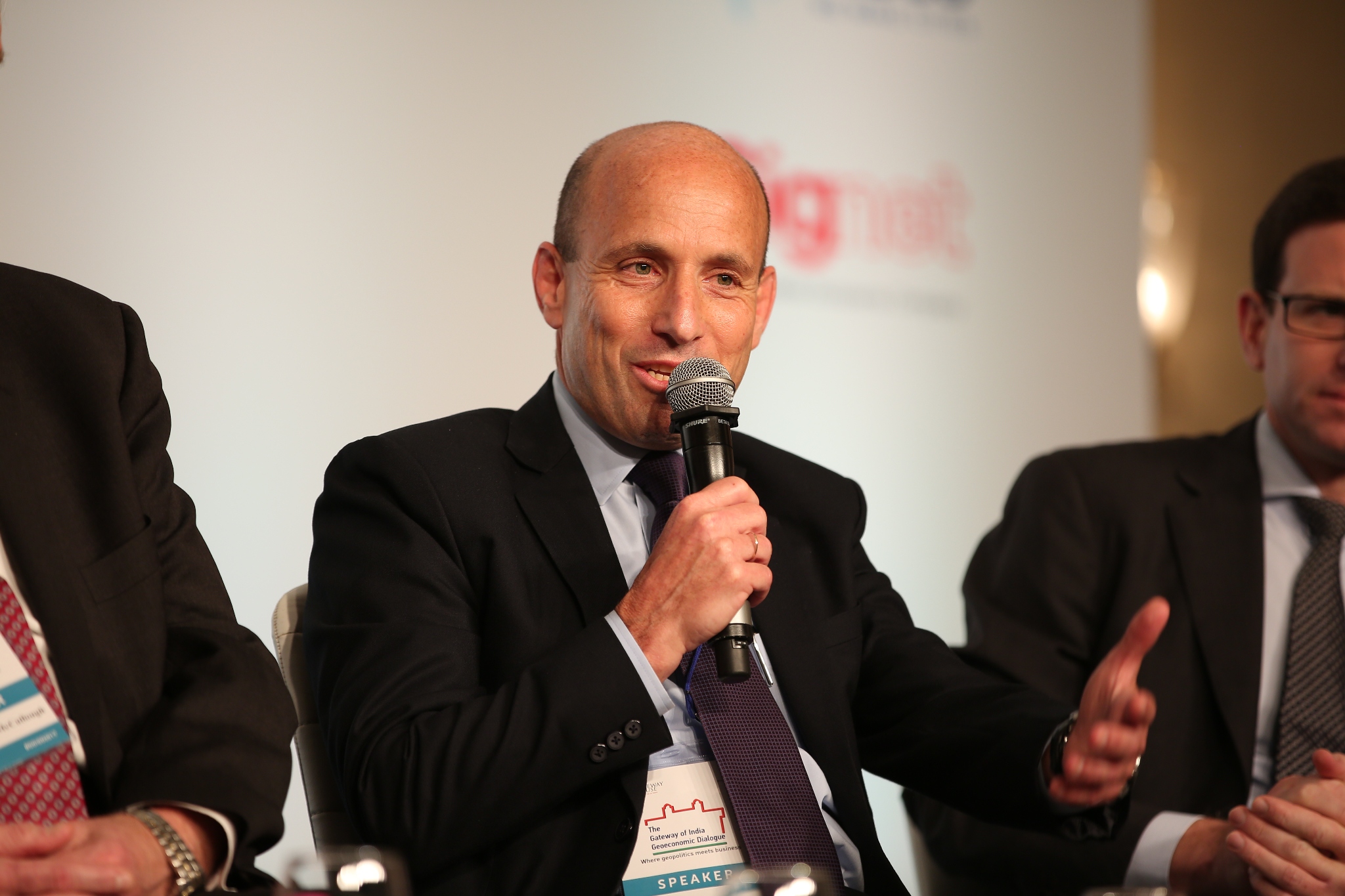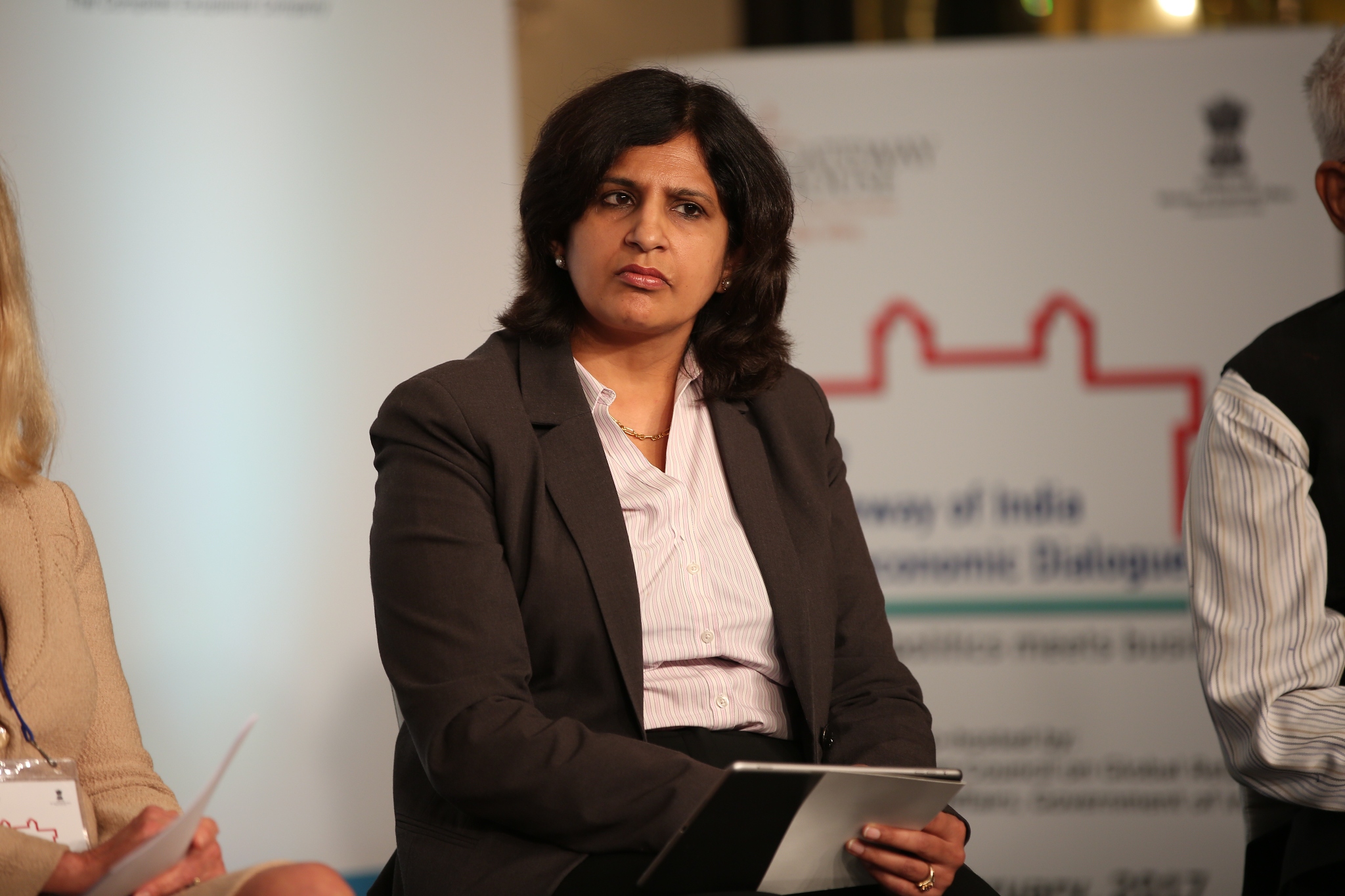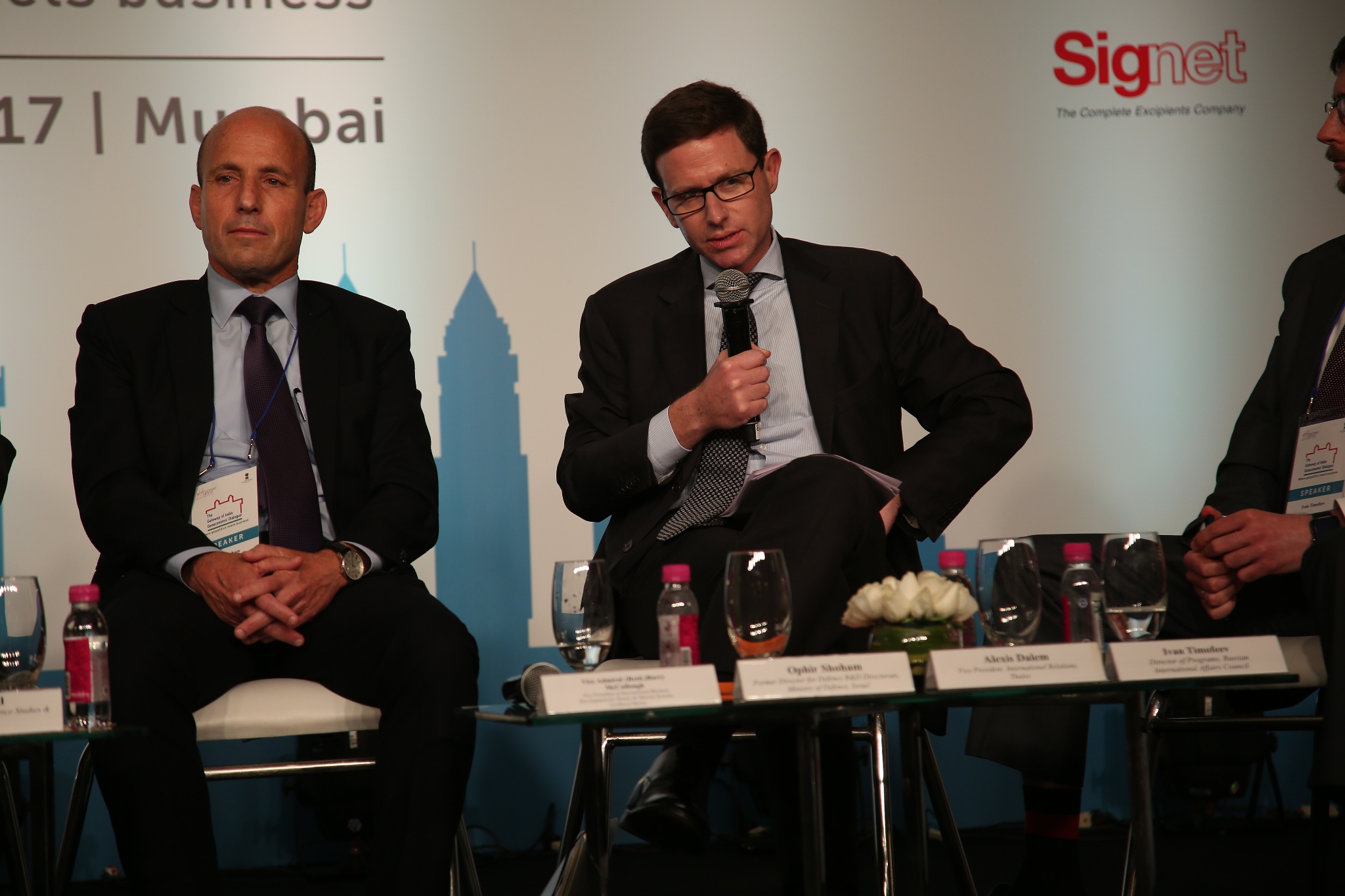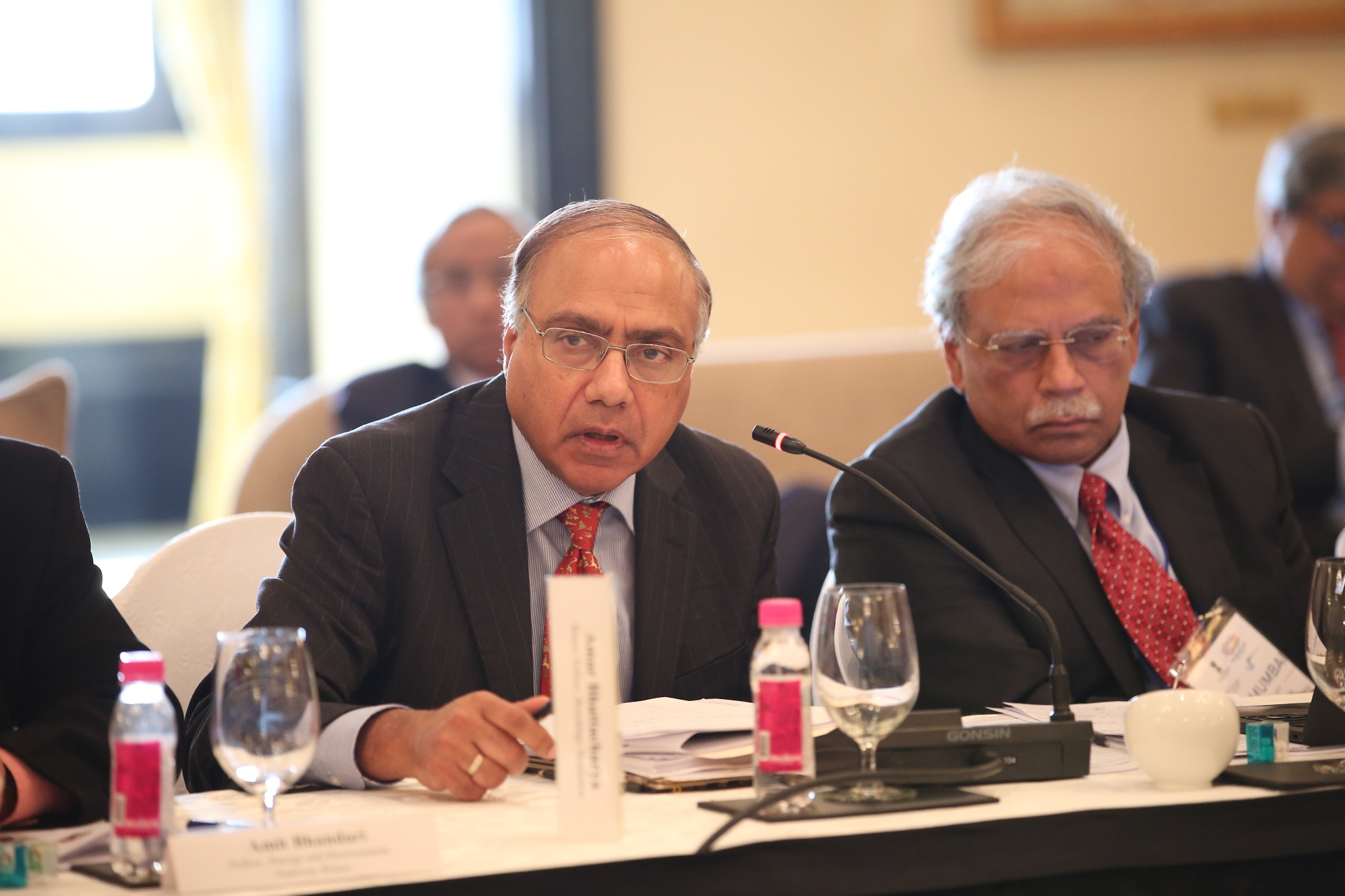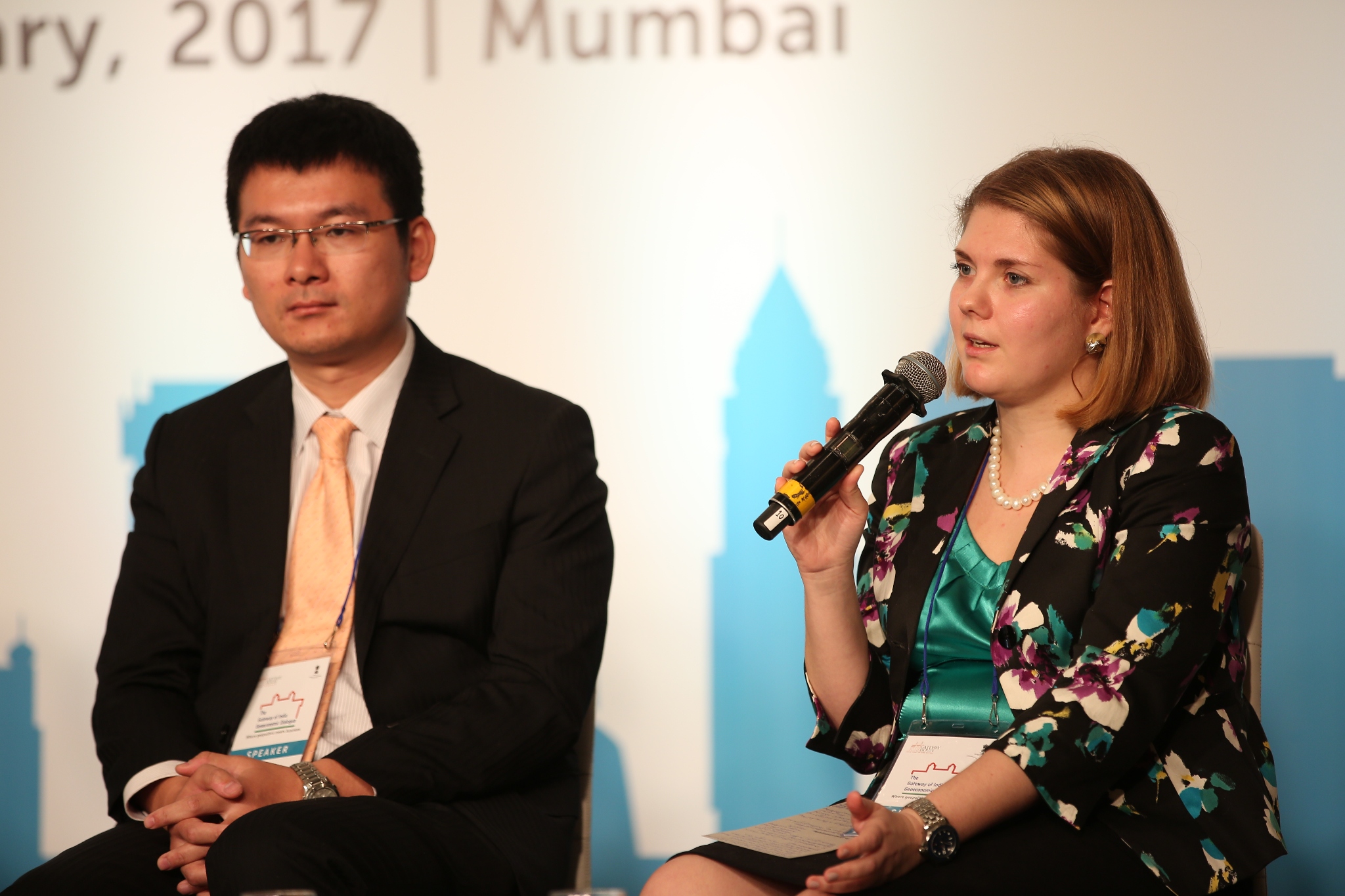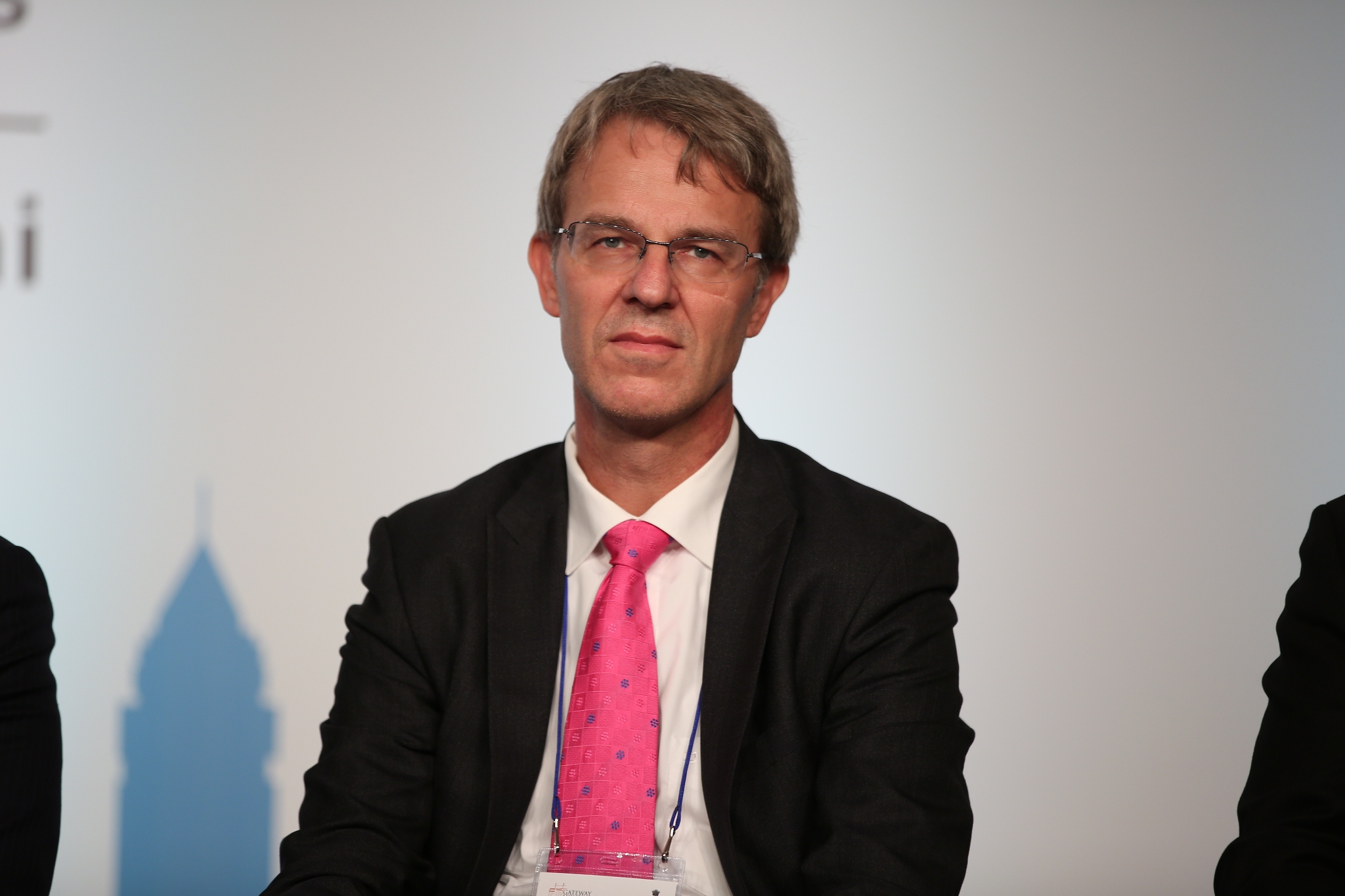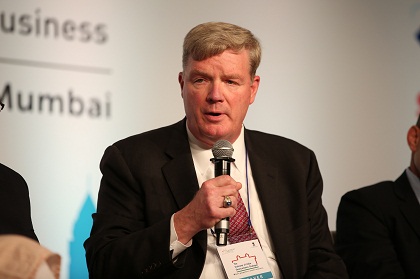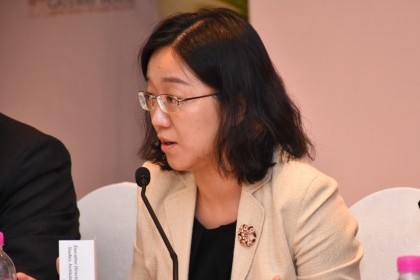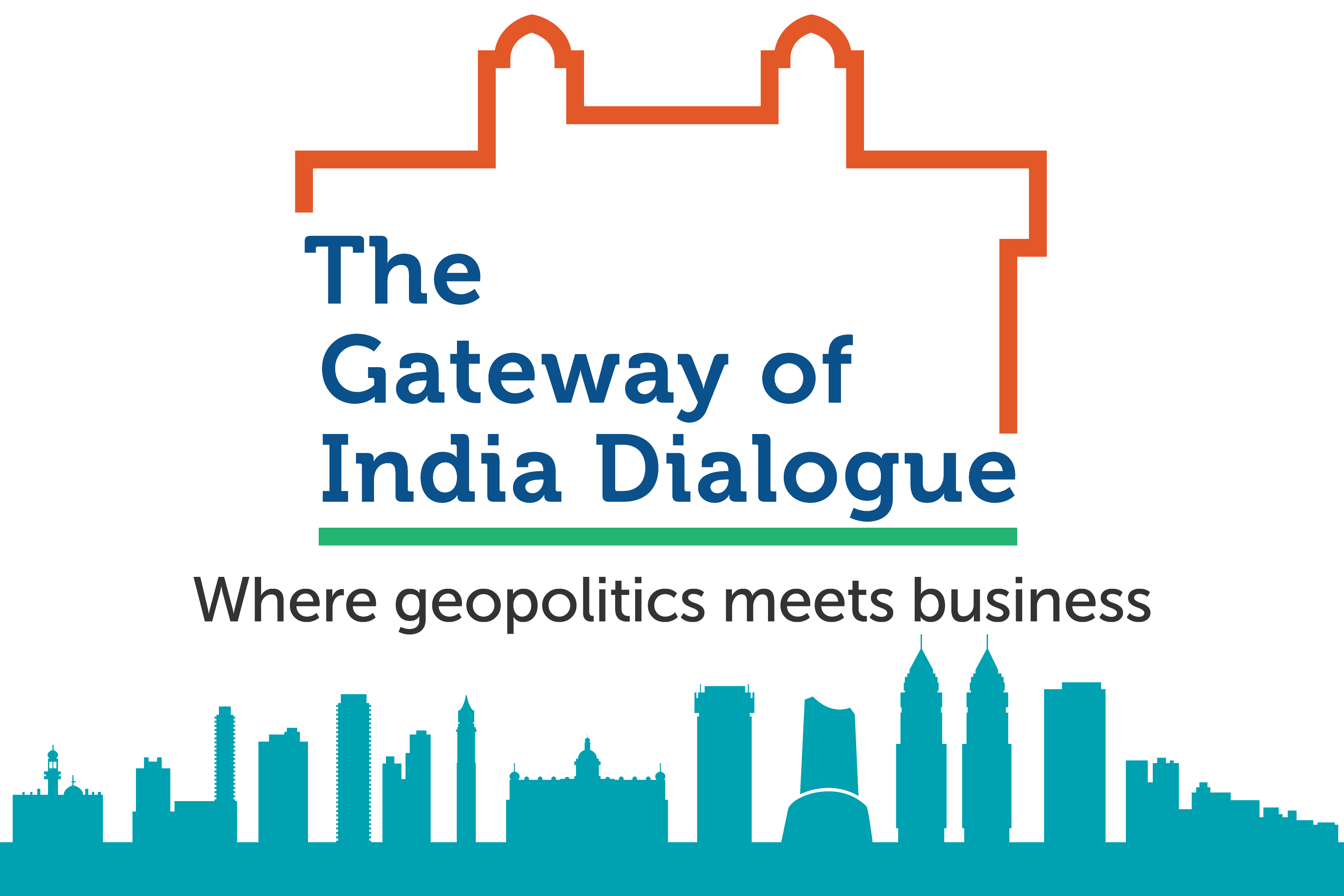India-Israel: potential for collaboration on defence and cybersecurity
In his interview, Rear Admiral (Retd.) Ophir Shoham discusses Israel’s liberal cybersecurity policies and the high levels of export in the cybersecurity sector. According to him, transfer of technology is imperative for Digital India, as for a country to become digital, Infrastructure is most important which is protected by cybersecurity. In the defence space, he mentions the close relationship India and Israel share despite it being a sensitive area. He prescribes a collaboration between the two countries to build weapon systems that they can use to customize defense equipment for the Indian defense system and the Israeli defense system.

